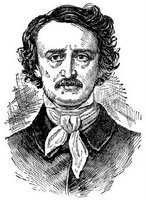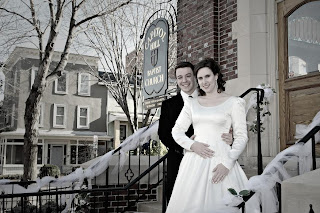While I have a great love for old hymns (and am glad to attend a church where we sing many), I'm also thrilled when I discover modern songs that continue the tradition of substantial lyrics. This morning in our "preparation music" (songs we sing before the service officially begins), we sang the following song, written in 2001.
"In Christ Alone"
In Christ alone my hope is found
He is my light, my strength, my song
This Cornerstone, this solid ground
Firm through the fiercest drought and storm
What heights of love, what depths of peace
When fears are stilled, when strivings cease
My Comforter, my All in All
Here in the love of Christ I stand
In Christ alone, who took on flesh
Fullness of God in helpless babe
This gift of love and righteousness
Scorned by the ones He came to save
'Till on that cross as Jesus died
The wrath of God was satisfied
For every sin on Him was laid
Here in the death of Christ I live
There in the ground His body lay
Light of the world by darkness slain
Then bursting forth in glorious day
Up from the grave He rose again
And as He stands in victory
Sin's curse has lost its grip on me
For I am His and He is mine
Brought with the precious blood of Christ
No guilt in life, no fear in death
This is the power of Christ in me
From life's first cry to final breath
Jesus commands my destiny
No power of hell, no scheme of man
Can ever pluck me from His hand
'Till He returns or calls me home
Here in the power of Christ I'll stand
Words by Stuart Townend



